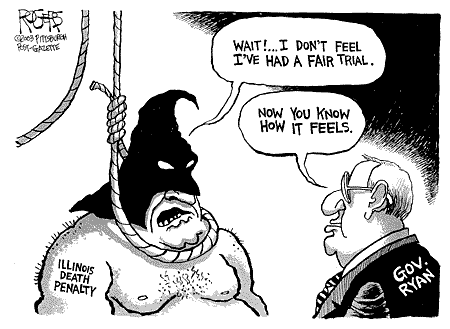Oh, Toyou! Though it seems meaningless considering how much of a naughty brat you are, but not this time. NOT TODAY. We are talking about 63 Building here, okay? Hello? What do you think 63 stands for? 63 stands for the number of stories in this damned building, for god’s sake! Besides, today is apparently not your day. Today is Minwoo’s
Doljanchi. If you lose yourself today, you are giving EVERYBODY a hell of a day. Do not be a pain in the neck please, okay?
…Knew you wouldn’t care about others, you egoistic bastard. You completely messed up Minwoo’s
Dol. Wonderful! Now you’ve got about half a hundred adults chasing you to prevent your overly-exciting adventure. In other words, you don’t have a chance of escaping, okay? Just wait here and they will come for you. What is done is done, no point in racking your brain about it; just do not make this more bothersome than it already is.
No. Stay where you are.
Damn! Just what do you think you are doing? The fact that you can’t press the button for sixtieth floor does not justify the action of pressing the B1 button. Nobody asks a two-year old to behave; but certainly nobody expects a two-year old to wander off like you, either! OKAY, THAT’S IT. STAY IN THE ELEVATOR. You are NOT getting anywhere near that lake.
Go back to the elevator. NOW. You have no business around this bottomless lake whatsoever. You are ignorant, but you should know better than drowning to death in Hangang River. If you die here, existence of this essay is contradictory, so go back to your elevator.
Though it is indeed intriguing you have great affinity for this crappy piece of scribbles, but who cares? Actually, listening to this advice is essentially your first good behavior since your birth, haha. And finally, this elevator is ascending! Dol will resume once you return to the party, and your parents may not even reprimand you for your thoughtless breakout! As you already know, the party is held on the sixtieth floor.
…As obvious as it seems, you do not fully understand the numbers. “52” is read as fifty-two, not sixty. And no, you have absolutely no business in this Japanese restaurant. If you want to get some sushi, there are plenty of them up there, so get out of this stupid place! Yes, the exit is here…What?
You are just incorrigible. Absolutely. In fact, your technique of making everything all more difficult is so grand that it deserves some respect. So, this was your final destination? Kitchen of a sushi restaurant on 52-th floor of 63 building? If you have not noticed yet, tell you what, this is about the worst place to take a walk. Stay where you are, and don’t wander around like an idiot. STAY AWAY FROM THAT SASHIMI KNIFE.
Boy, how you put your life at every existing stake out there! If it were not for that watchful chef who noticed and intervened, you would most certainly be dead now. And luckily enough, this philanthropic fellow would take you to your parents, Toyou! Finally, this ludicrous adventure is closing up.
There! There are your parents! Oh, just look how pale their faces are, you idiot! It seems like they are the ones who suffered the most from this rather traumatic event…Umm, Toyou? David? Hey!
You really have no sense of tension, do you? Guess you truly are helpless. Thought you were dead for a moment. You are not hearing this anyway, but still, try to behave yourself. Indeed, today has truly been a hell of a day. Take a good night’s sleep, my stupid self.







